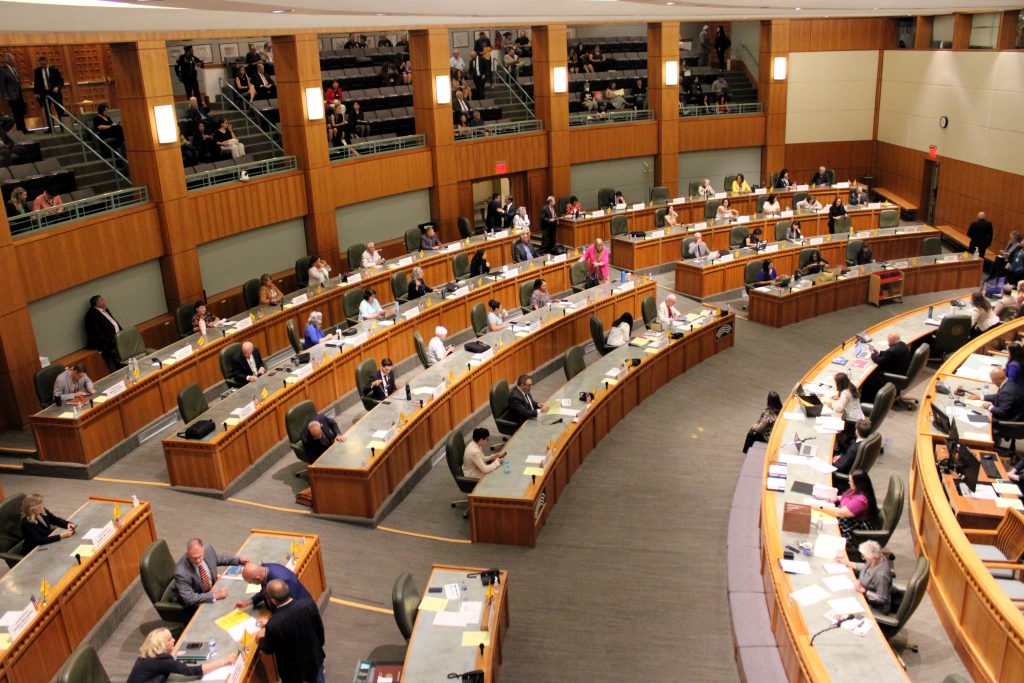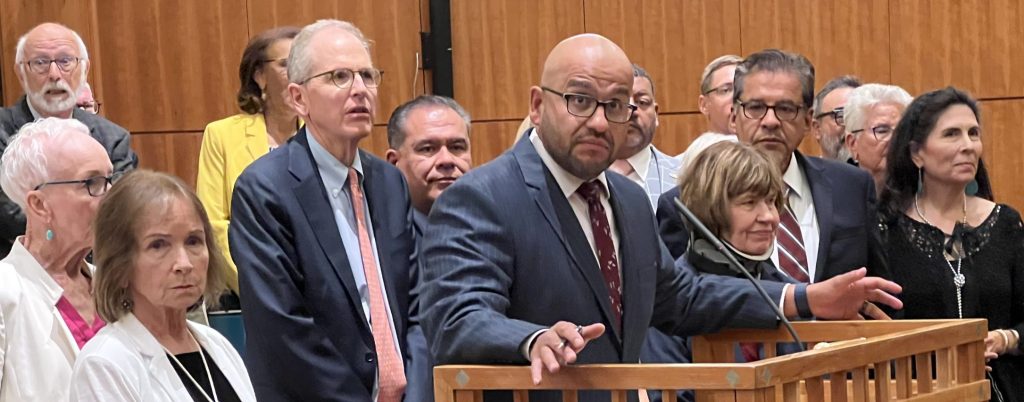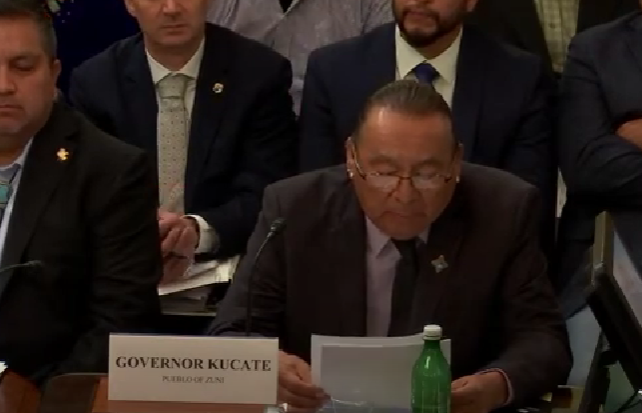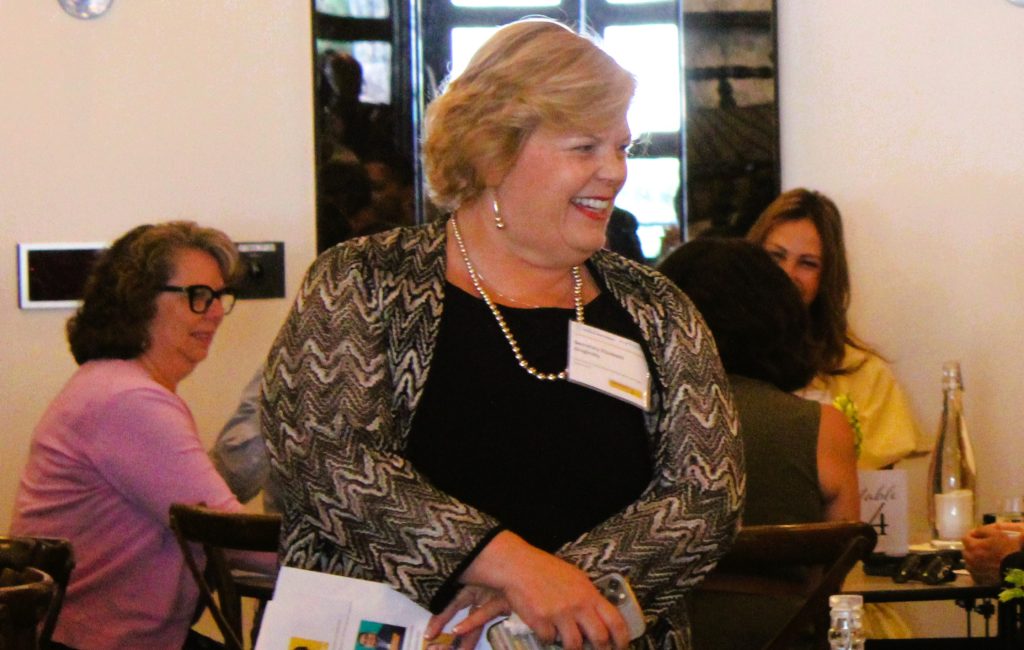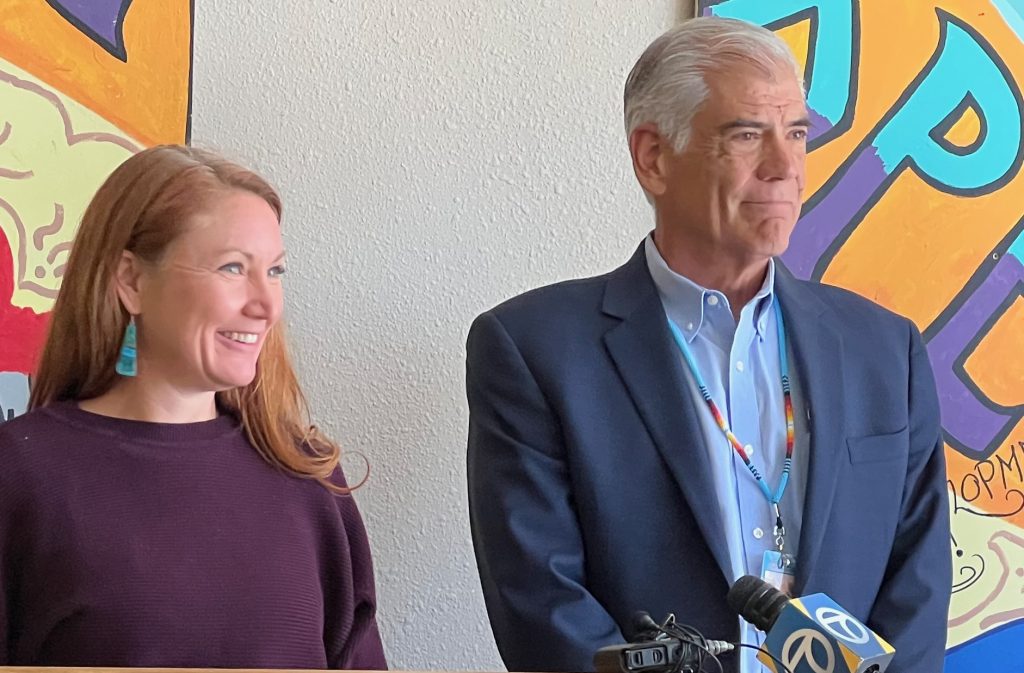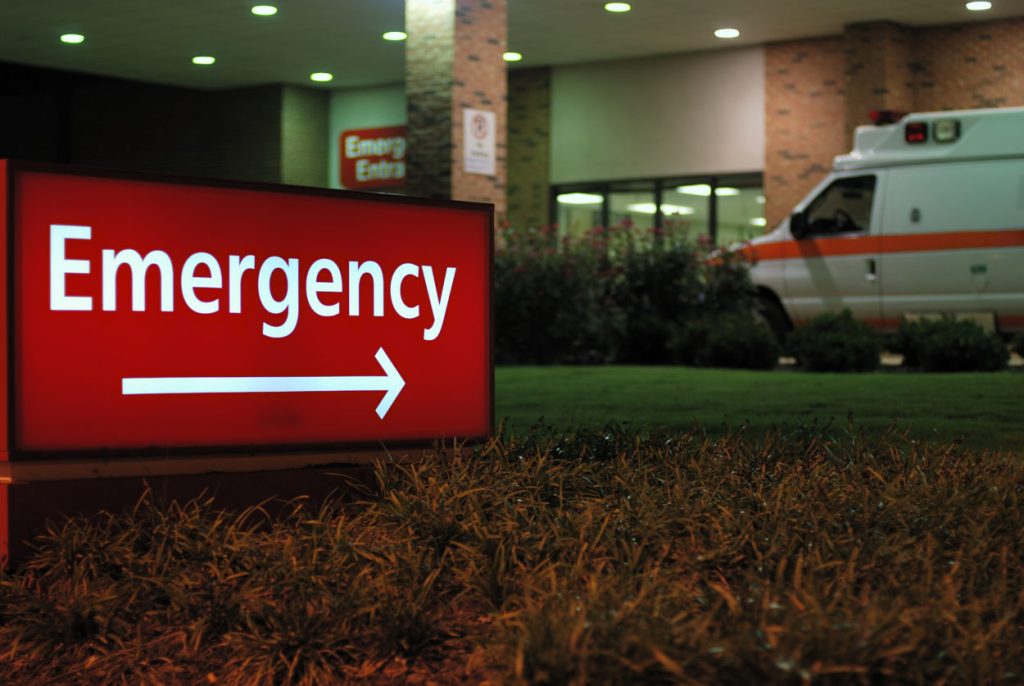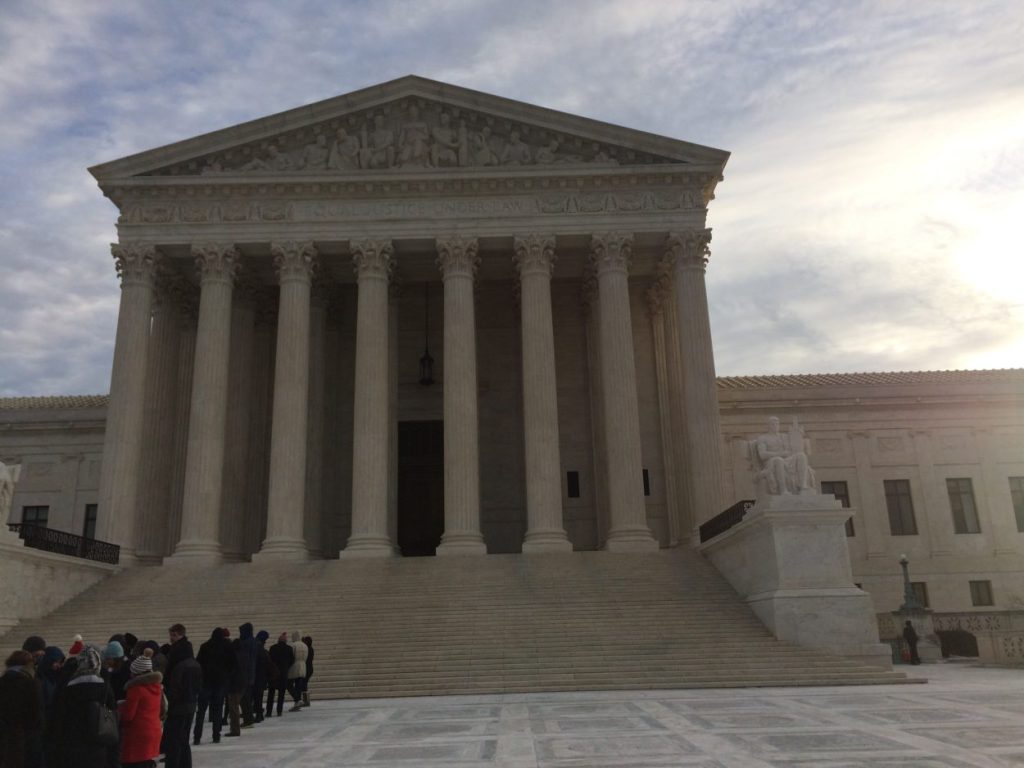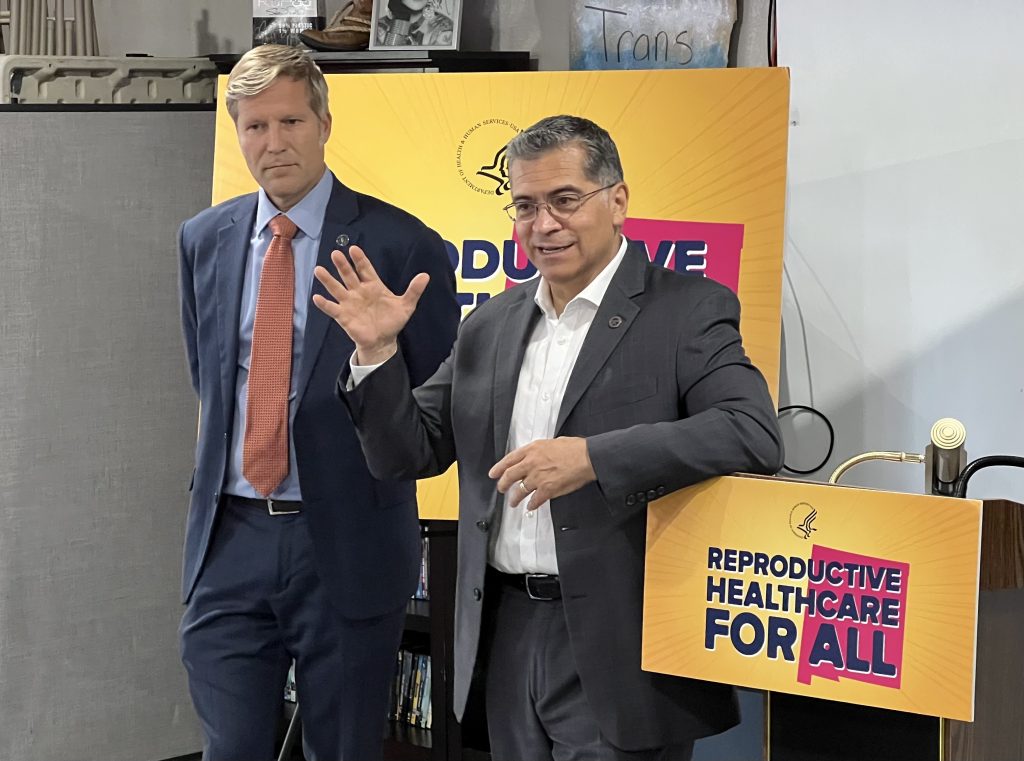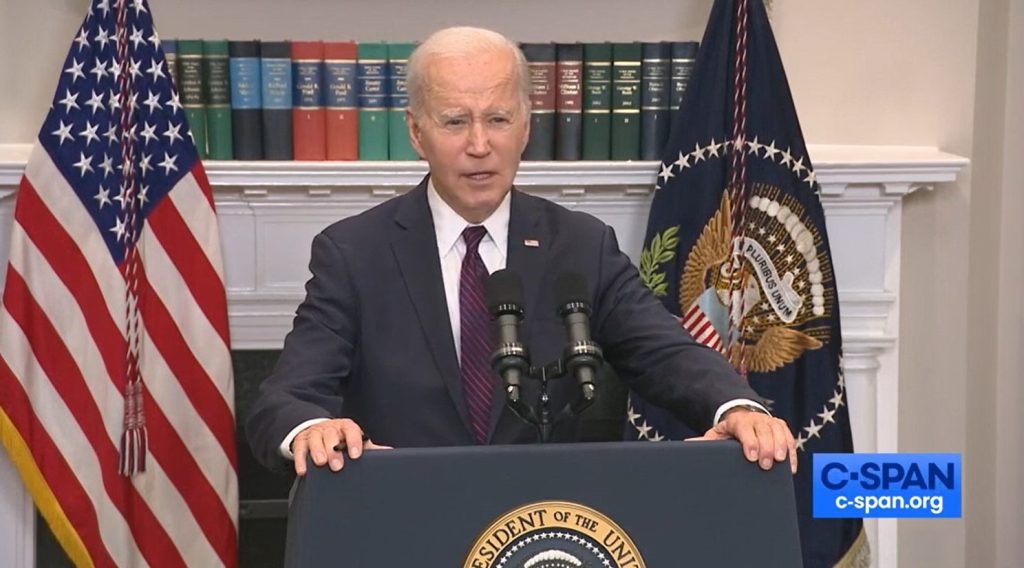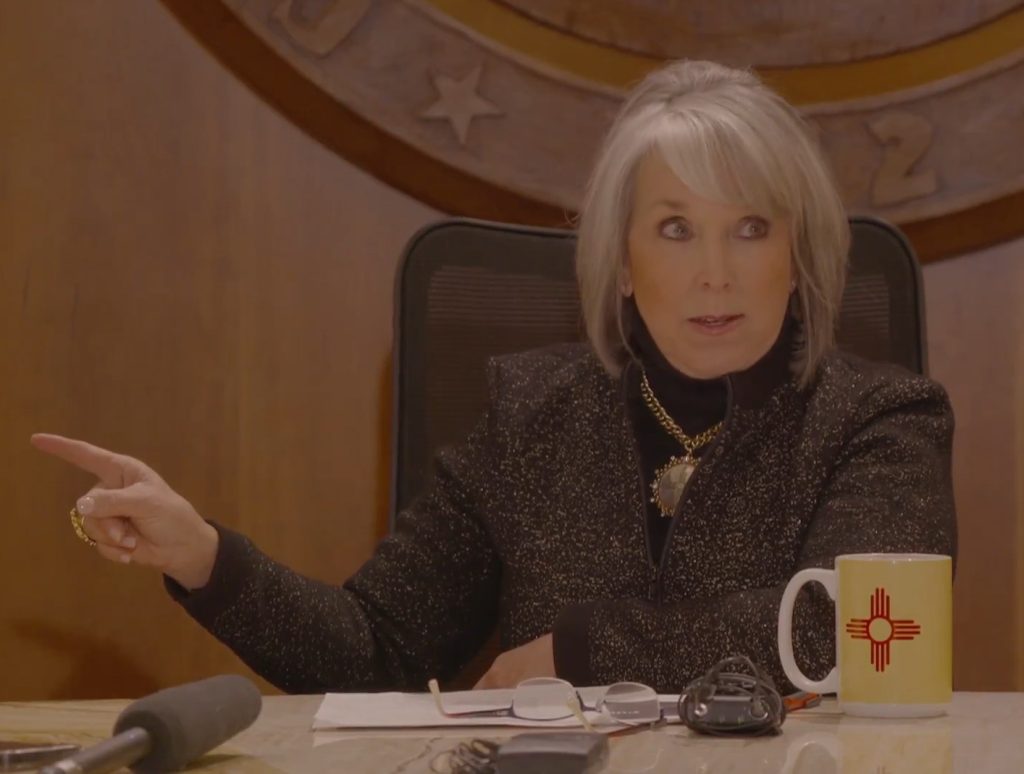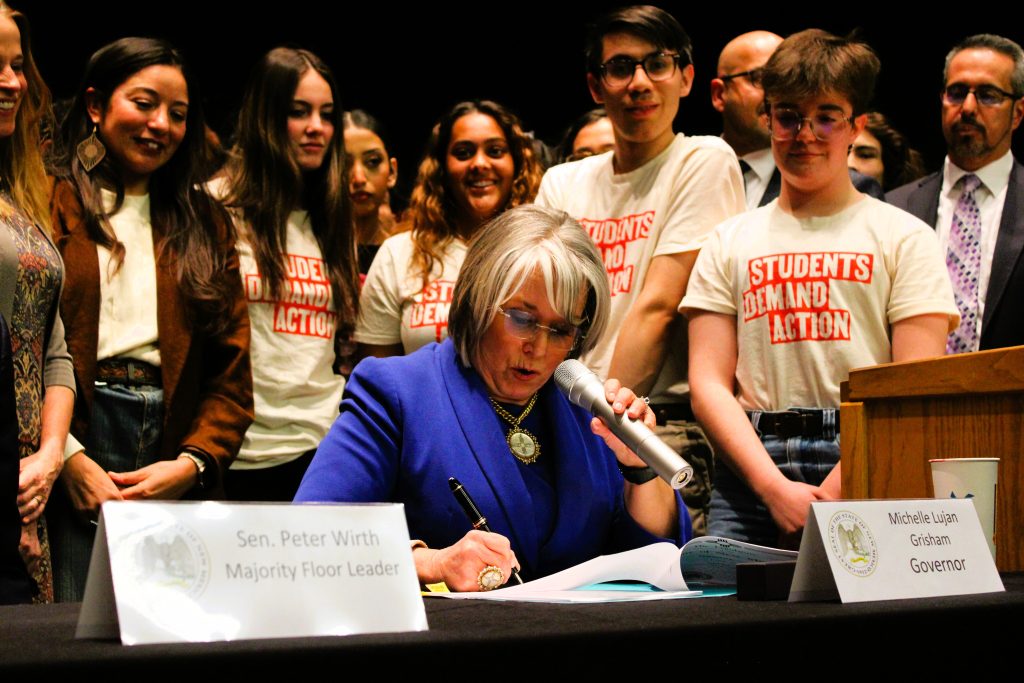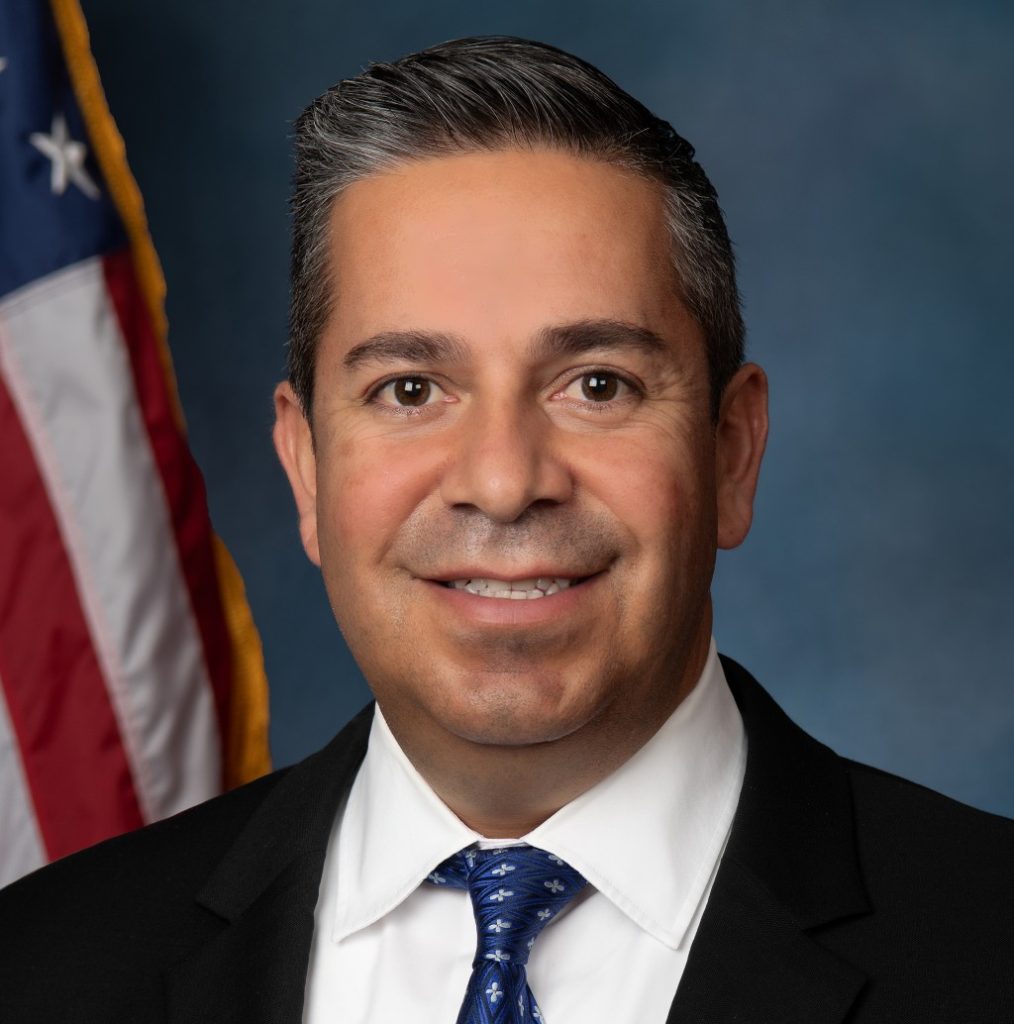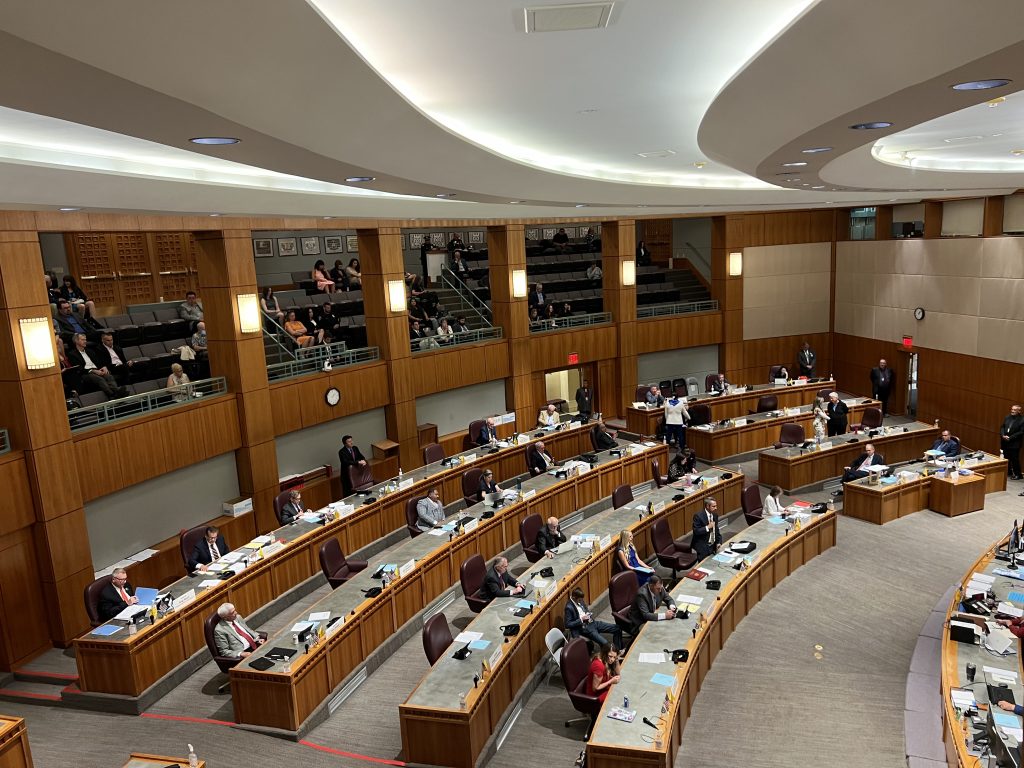Spurred by accounts of an Albuquerque hospital found to discriminate against Native pregnant women in the early months of the pandemic, a group of reproductive experts formed a guideline on perinatal care during emergencies.
Charlene Bencomo, executive director of the nonprofit Bold Futures, said the news stories of an Albuquerque hospital that was found to discriminate against Native women based on the zip codes they lived in earlier in the pandemic brought the group of 12 New Mexico-based organizations together over the summer to produce the guidelines. The 10-page document called Perinatal Emergency Recommendations, Considering Disparities and Outcomes: COVID-19 and Beyond, offers comprehensive information for health care providers on how to care for pregnant people who are Indigenous, Black, Latinx and people of color, Bencomo said. Several doula, breastfeeding, midwife, birthing centers and other organizations that provide midwife, doula and other reproductive care participated in the guidelines. The guidelines range from prenatal care to labor and delivery to postpartum care, including breastfeeding. The guidelines also include contraceptive and abortion care guidelines, as well.
“Those needs don’t just go away,” Bencomo said. “Reproductive needs cannot wait. If someone needs contraceptive care, if they are seeking abortion care, that is essential health care. You can’t put that on a back burner.”
Bencomo said a prior set of guidelines created by a group advising the state failed to put the patient first. But a guide for health care providers to better inform their care for birthing people of color was needed before the pandemic began, she said.
“It became very apparent this group needed to get together for some time,” Bencomo said.
She said the group found it difficult to stay focused on potential future emergent public health crises and the current pandemic because the need to outline patient-centered care for communities of color was so great.
“This could have been a 30-page document,” she said. “It had to be laser focused.”
The recommendations include that healthcare providers need to create an emergency response plan to prevent another situation where Indigenous mothers are separated from their newborns.
Monica Larrea de Arellano, a licensed midwife with Española-based Breath of My Heart Birthplace, presented online, along with others, on the guideline to the Legislative Health and Human Services Committee last week. She said that if healthcare providers had such a plan in place, Lovelace Hospital would not have separated Native mothers from their newborns.
“If they (Lovelace Hospital) had a vehicle to submit an emergency response plan, we could have said this is not an evidence-based practice,” Larrea de Arellano said.
Another recommendation is that health care providers should let birthing and pregnant people in the state know that they have birthing options and that Medicaid covers birthing outside of the hospital. Larrea de Arellano said New Mexico is a national leader in investing in licensed midwifery through Medicaid support and that is “something to be proud of.”
“We should make sure we preserve that tradition,” she told the committee.
Interest in home births and birthing centers increased due to the pandemic. Larrea de Arellano said the number of home births doubled in a month after the pandemic hit.
Related: Pregnant women seek alternatives to hospital birth during pandemic
Angelique Steadman, a licensed doula, told the committee the “whole system of support became compromised,” after the pandemic began. The document also recommends that the state Department of Health establish a standard so hospitals and birthing centers are all “doing the same thing.”
One of the guidelines includes a recommendation that doulas be considered a part of the birthing and delivery team and do not take the place of a chosen loved one in the delivery room.
During the early months of the pandemic, some New Mexico hospitals reduced the number of people who could accompany a pregnant person into the hospital to one individual. That meant that a pregnant person relying on a doula had to decide on whether the doula should be in the room or a family member.
Steadman said that individual hospitals changing their birthing policies overnight added stress to birthing patients. She said hospitals eliminating doula care during the birthing process is “unacceptable.”
“When looking at the high infant mortality rates for Black, Indigenous and women of color, doula support is absolutely critical,” Steadman said.
Bencomo said the document is important because infant mortality rates are much higher for Black, Indigenous and people of color and the pandemic has hit those same communities disproportionately harder as well.
Bencomo said many people in communities of color have preexisting conditions, such as high blood pressure or diabetes.
“It’s not because those communities naturally have those preexisting conditions. They’ve not had health care access. They have low paying, high intensity jobs. Many are essential workers at this time. There are a lot of factors that lead up to preexisting conditions,” she said.
She said that in communities of color, people are more likely to live in poverty.
“There are a lot of factors that contribute to that (preexisting conditions). Many times when they go in for prenatal visits, they’re not taken as seriously by medical providers. They may be undocumented. They may not be English speakers,” she said.
She pointed to findings that show that Black patients are less likely to receive adequate pain medication relative to white patients.
“Doulas and midwives can be a little more family oriented and give that individualized care that tends to improve birthing outcomes and lower the need for Cesareans and epidurals,” Bencomo said.
Bencomo said doulas can advocate for patients and, if the health care providers are pressuring the patient, the doula can help the patient take a few minutes to think about what she needs or if she wants to talk to her partner or family before making a decision.
“If they see something unethical happening, a racially questioning action by a provider, they can raise the point with the patient to see if it’s something they would like to address. They can be an advocate in the room and be very clear headed,” Bencomo said.
Amanda Singer, project director for the Navajo Nation Breastfeeding Coalition, said Indigenous people who are breast and chest feeding need more support during the pandemic. She spoke of problems early in the pandemic such as the lack of formula on grocery store shelves, lack of access to water as well as connectivity issues for Navajo families.
She said healthcare providers need to be equipped to provide information to breast/chest feeding people in their native languages regarding COVID-19.
“There was a lot of confusion for parents,” she told the committee.
Steadman also said that breast milk is the “first sacred food,” for Indigenous people and removing infants from their mothers “interferes with the health of Indigenous nations and people of color.”
Steadman said that if lactation specialists were reimbursed through Medicaid expansion, “a lot of rural families would benefit from this.”
Bencomo also pointed to a recent story by the Las Cruces Sun-News in which a hospital administrator said that if the number of COVID-19 cases continues to climb, hospitals could be so overwhelmed there won’t be beds in the facility for delivery or other types of care.
“That’s terrifying for people having babies in the facility,” she said.
Related: New Mexico COVID-19 patients could be treated in tents in parking lots if spike continues
Bencomo said the organizations that created the guidelines know and understand that COVID-19 caused a shift and that hospitals and care providers have to protect both themselves and others in the hospital during the pandemic. But, she said, that doesn’t mean that patients ready to deliver a child can be shunted.
“Patient-centered care fell off the radar,” she said. “We’re trying to put the focus back on the patient. It’s hard on everyone right now. It’s really important to keep in mind the health and well being of these families.”


